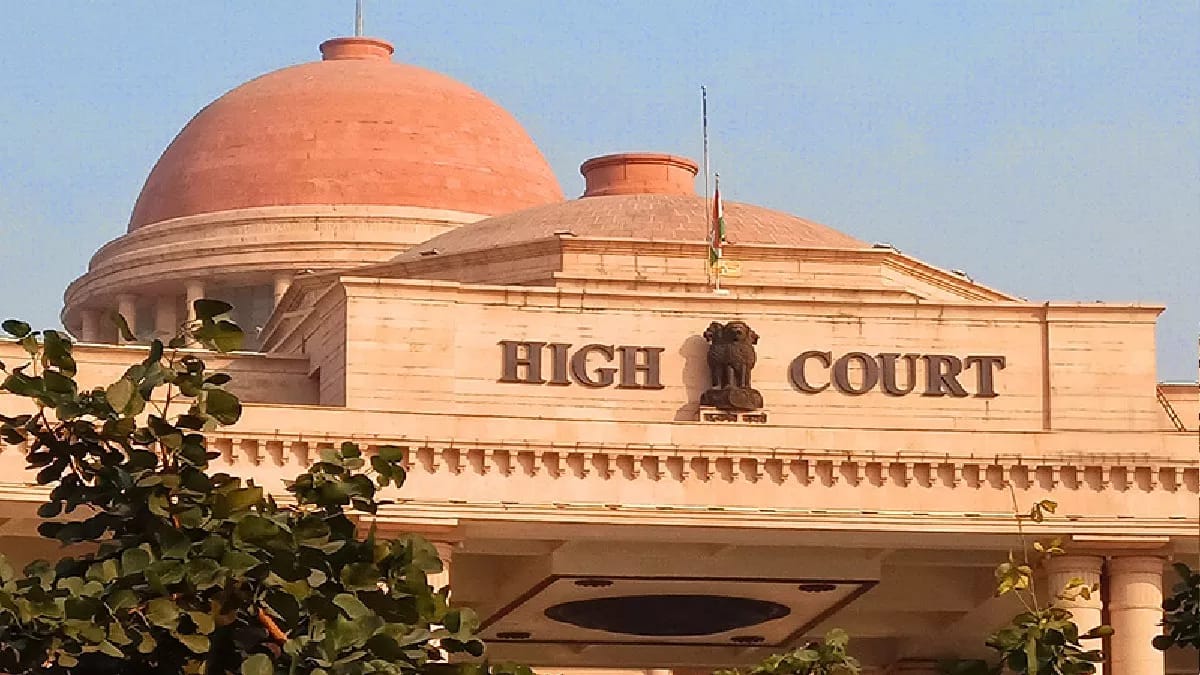


The High Court of Jammu and Kashmir and Ladakh recently ordered the constitution of one or more Waqf Tribunals in the Union Territory of Jammu and Kashmir within two months to ensure that people with disputes against the Waqf Board are not left remediless [Traders Association Ziyarat Baba Reshi (RA) Tangmarg vs Union Territory of J&K].Justice Sanjeev Kumar passed the order while dismissing a batch of writ petitions filed by occupants of Waqf Board properties who complained that the rents payable to the Board in order to occupy these properties had been arbitrarily raised."Taking note of the chaotic situation created due to non constitution of the (Waqf) Tribunal or Tribunals, a direction is issued to the Government of Union Territory to constitute one or more Tribunals, as it may think fit, in terms of Section 83 of the (Waqf) Act within a period of two months from the date of this judgment," stated the February 29 judgment.The Court was hearing a batch of petitions by several petitioners who were occupying Waqf properties as licensees. They submitted that the rents payable by them were enhanced in an arbitrary and irrational manner.
However, the Waqf Board countered that the High Court could not intervene in the matter by invoking its writ jurisdiction. It was argued that the Waqf Board constituted under the Waqf Act, 1995 was neither a State nor any person or authority amenable to writ jurisdiction under Article 226 of the Constitution.
The High Court observed that while the Waqf Board was undoubtedly a statutory authority, it did not automatically mean that it was "State" under Article 12 of the Constitution.
The Waqf Board would not come within the scope of "State" unless the authority was financially, functionally and administratively controlled by the government, the Court explained.
The Court proceeded to reiterate that the Waqf Board does not fall within the definition of "State" under Article 12 of the Constitution of India, and, therefore, would not be amendable to writ jurisdiction under Article 226 of the Constitution.
The Court added that a writ petition could still have been maintainable against the Waqf Board if the dispute concerned the discharge of a function with a "public element."
However, lease agreements or rent payment disputes were more of a commercial or contractual nature rather than a public function, the Court said.
Therefore, the Court dismissed the present rent disputes against the Waqf Board as not maintainable.
"No writ under Article 226 of the Constitution of India would lie against the Board of Auqaf at the instance of lessees or persons in occupation of the Waqf properties, that too, for the enforcement of private rights arising out of the lease agreement(s) entered into or to be entered into by the parties," the Court said.
However, the Court took serious note of the concern that there was no Waqf Tribunal in Jammu and Kashmir to hear such disputes, meaning that the petitioners would be rendered remediless since the High Court was also not empowered to hear the matter.
Therefore, the Court proceeded to order the constitution of such tribunals within the Union Territory within two months. In the meanwhile, the Court ordered for status quo to be maintained with respect to the petitioners.
TAGS: High Court Waqf Tribunals Jammu and Kashmir Property Disputes Ruling Justice Mandate Landmark Judicial Relief Legal Victor